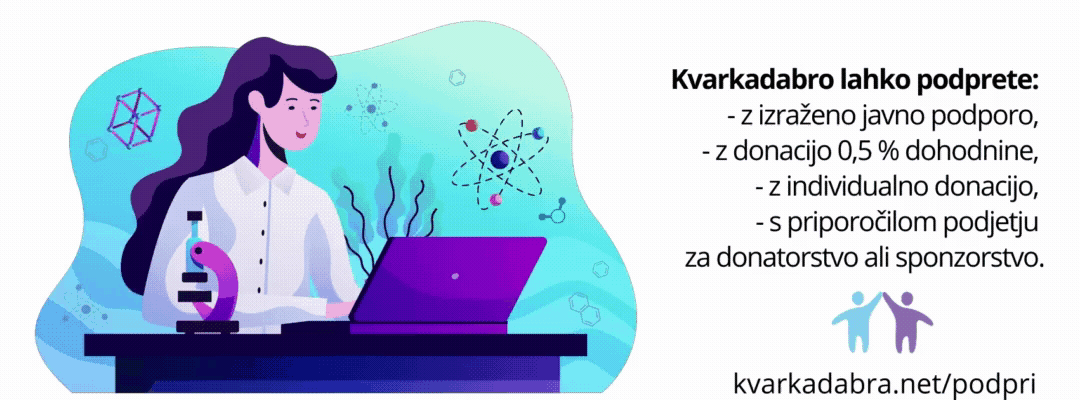Nekaj odlomkov iz zanimive ankete o Saganovem učinku (efektu), oziroma o težavah znanstvenikov, ki jih imajo v svoji akademski karieri zaradi ukvarjanja s popularizacijo znanosti.
The kind of professional retaliation that Smith experienced is commonly known as the Sagan effect, named for astronomer and superstar science popularizer Carl Sagan. Largely as a result of his growing public profile, Sagan suffered ridicule among his peers and lost out on various professional opportunities, including tenure at Harvard University in the 1960s and membership in the National Academy of Sciences in the 1990s. “People said that he was spending more time popularizing than doing serious research,” says Joel S. Levine, now a professor at the College of William & Mary, who disagreed with the gossip. The two became friends when both worked on the Viking program in the 1970s.
A quarter of a century after Sagan’s letdown at the National Academy of Sciences, his eponymous effect continues to persist. A number of studies over the past few years indicate that scientists as a group still discourage individual investigators from engaging with the populace unless they are already well-established, senior researchers. Such a mind-set deprives society of the full range of expertise it needs to make informed decisions about some of the most complex issues of the day—from genetic engineering to climate change to alternative forms of energy. The silencing of voices in the scientific community also leaves important questions about policy and the economy vulnerable to fact-challenged spin doctors of every political persuasion. Fewer scientific voices, for example, mean fewer arguments to counter antiscience or pseudoscientific discourse. …
Daniel Kahneman, who published Thinking, Fast and Slow nearly a decade after he won the Nobel Memorial Prize in Economics, went to almost heroic lengths to ensure that traditional academics would approve of his book. “It took me four years to write my book—four exceedingly miserable years because I was explicitly trying to do two things,” he says. “I wanted to write a popular book, without losing the respect of my colleagues. I paid a lot of money to have my book reviewed anonymously by young associate professors, four of them, I paid them two thousand dollars each, to tell me whether this would damage my reputation. And interestingly enough, it did damage my reputation among a subset of my colleagues.” Even so, Kahneman feels that the academic reaction to his book was by and large, very positive.
Dan Ariely, a professor at Duke University and author of the bestsellerPredictably Irrational, advises to be mindful of one’s time to do research, and to cite colleagues as much as possible. “In the early days, when I started writing my first book, I tried to do it only after 10 P.M. and during the weekends. I tried not to have bleeding between the two areas. Another thing I would say is, cite people as widely as you can. I made some mistakes in my early writing by not citing enough people, partly because I did not know how to write in a popular way and do references. But there are many people that I should have referenced. And finally, think about how to make the university appreciate what you do, and use it for things that are also good for the department, and the school and the university.”…
Exceptional among federal funding agencies, the National Science Foundation has adopted an official position in favor of popularization. In addition to intellectual merit, grant proposals to the foundation are also evaluated for their “broader impacts” on society, including the wide dissemination of research findings to the public. Less friendly organizations and senior researchers should follow these examples.
Only by communicating our discoveries widely can we, as scientists, climb down from our ivory tower and play a larger role in shaping the kind of society in which we wish to live—one that values facts, encourages scientific endeavors and continues to grow.
Vir: How Scientists Can Engage the Public without Risking Their Careers – Scientific American in Scientists Should Speak Out More – Scientific American

















